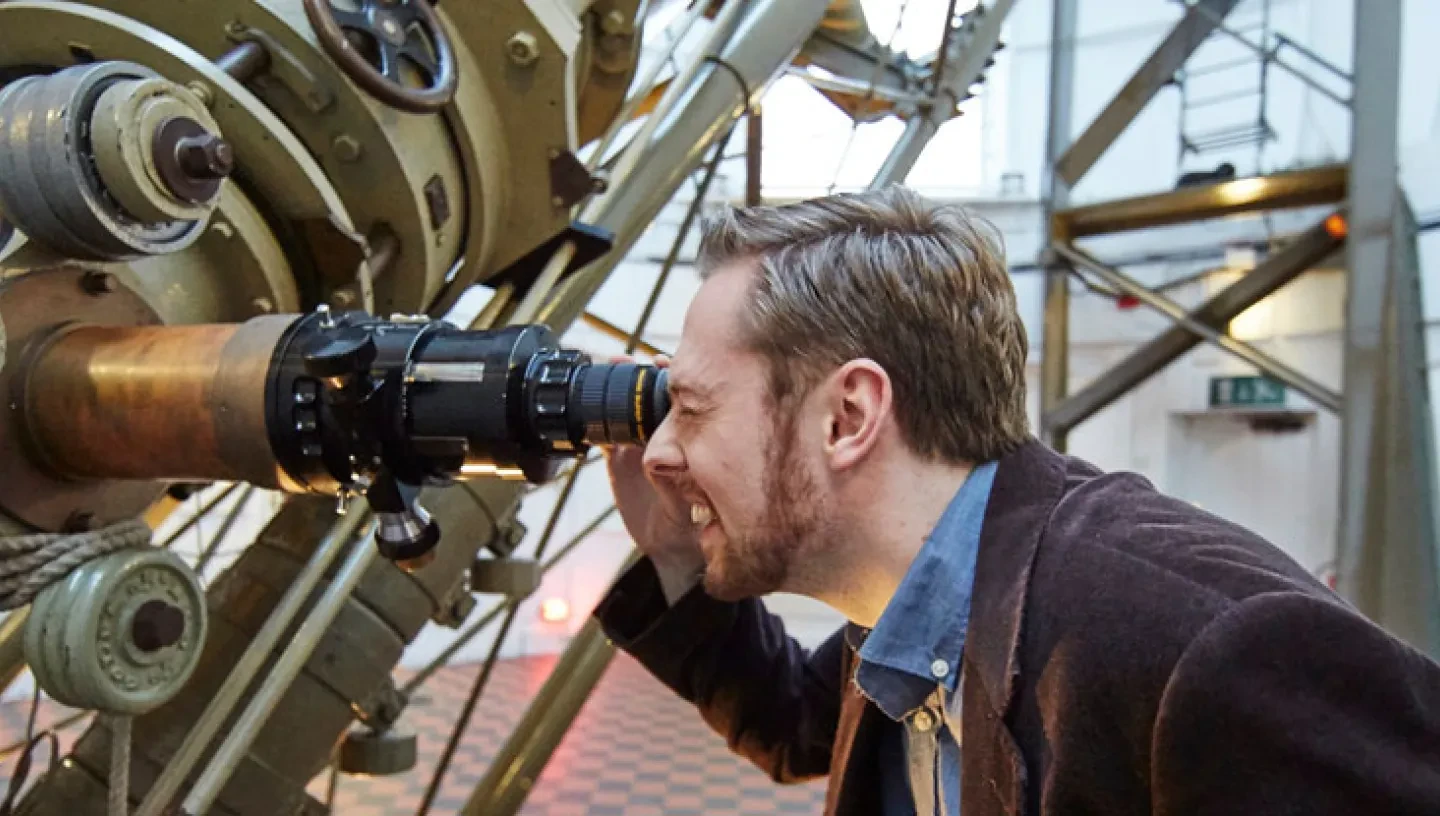
How to become an astronomer
Useful tips from the space experts at the Royal Observatory Greenwich on how to become an astronomer
The world of astronomy is an exciting one, and there are many career paths that can be taken into this fantastic branch of science.
Take a look at our tips below to help you decide if astronomy is the subject for you:
- Make sure you like science and maths – if you don’t, then you’ll probably find that astronomy is not the career for you.
- Be prepared and realistic – as with many careers you must be ready to study and work hard, and it can take a few years to build all the skills you need so you need to be patient. There are few people who make it to the very top in astronomy. That’s not to say you shouldn’t try, but keep a tight grasp on reality as (like with many professions) competition in the field can be fierce.
- Keep an open mind – becoming an astronomer is not the only career available to you if you study astronomy. Don’t be afraid to talk to people who work in the sector and ask them questions about their jobs. Scientists are only human after all, and will usually be very happy to chat.
If you still think astronomy is the career for you, check out the questions and answers below.
What will I need to study at school and college?
Astronomy is a unique subject because it deals with such a vast mixture of topics – the very reason why many people find it so exciting! As it is about the physics of the whole universe and how everything in it works, astronomers need to have a good knowledge of physics and maths, and chemistry is pretty helpful too. You would need to get good grades in your GCSEs and A-levels or Highers if you want to go on and study further.
I want to study astronomy at university – what can I do in the meantime?
Immerse yourself in astronomy and find out all you can. You may choose to join an astronomical society to be able to speak to other people that share your love of the subject and get some observing experience too.
As well as physics and maths, literacy and communication are also crucial to a career in astronomy. If you become an astronomer you will need to be able to communicate your subject with your peers and also increasingly with the public. Work experience is an excellent way to get a feel for a career and the skills you need for it, so if possible take advantage of any opportunities to see academics, science communicators and science writers at work!
Will I need a degree? Which one should I choose?
As with many careers there are ways into the field of astronomy that don’t require a degree, and you can get the knowledge and experience by learning on the job. This does often take longer though, and finding these types of opportunities can be challenging as they are not common. The recommended route is through university and a degree as it will quickly give you an excellent grounding in the knowledge you need.
Choosing a university can be tricky. It is always good to visit first and get a feel for the department and area to see if you like it. And don’t be afraid to ask for advice from your teachers and careers advisors.
If your number one aim at this stage of your studies is to become an astronomer you will need to do a degree in astronomy or physics. There are not many universities that do astronomy courses, but many offer astrophysics which is a great option as it gives you a good physics/astronomy mix. This can give you more options than straight astronomy should you change your mind.
What if I do change my mind after I finish my degree?
Studying physics or astrophysics at university gives you a lot of skills that employers want. So even if you change your mind further down the line, your degree will provide you with plenty of options.
So I have a degree and still love astronomy, what now?
When you have finished your degree you may decide that you want to go to the next stage and study for a PhD. Or you may decide that you want to move into something else – either using your degree directly (e.g. science communication) or applying your skills to a different discipline (e.g. in the finance sector).
Doing a first degree is a great start to gathering the knowledge you would need to be a professional astronomer. However, it will not give you everything you need – for that you will need to do a doctorate or PhD. During this time, although you will be still be studying, you can also be earning money as some PhDs are funded. All you have to do is apply for them just as you would apply for a job.
What’s next after a PhD?
Once you have your PhD you will be able to start looking for a job as a professional astronomer. You may choose to work in a university, observatory or space agency in the UK, or like many scientists you may choose to travel with your job and experience living all over the world.